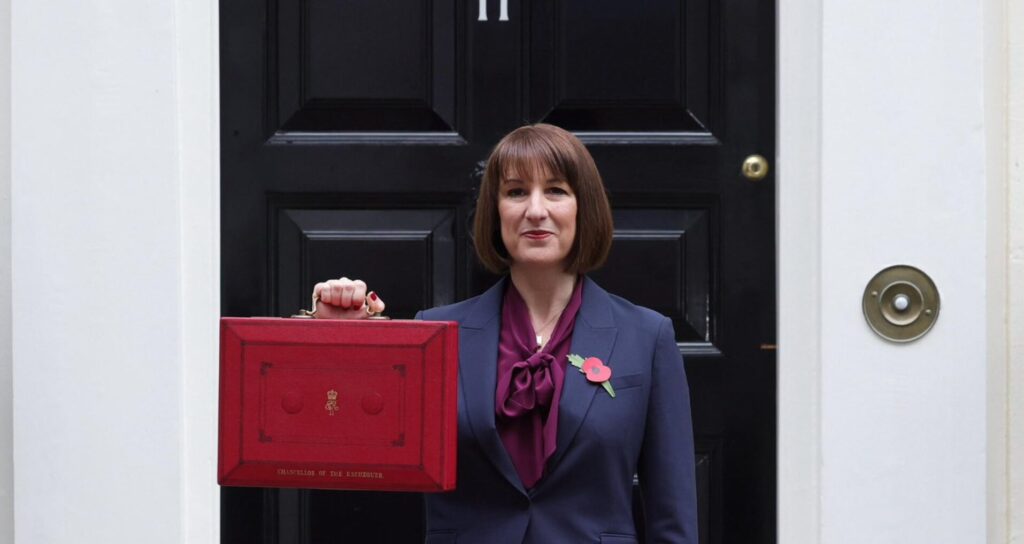A couple of weeks ago, my daughter hopped on a Trans Pennine Express (TPE) train in Manchester heading for Edinburgh. As anyone who’s been on one recently will know, TPE journeys are a bit of a lottery. Short notice cancellations are frequent so as she reached Penrith she messaged to say it looked like, for once, things were going ok.
A few minutes later she messaged again. “We’re being dumped off at Carlisle. Train now going to Glasgow. Have to wait an hour for next one to Edinburgh. No explanation.”
That was a new one for me from TPE, changing the destination once you’re on the train. I messaged them to ask why but received no reply. I had typed TPE into Google to get their details and the top result was headlined ‘Find An Alternative Way to Travel’ which was an ad sponsored by…TPE.
Why is reliable train travel so low on the Government’s priority list?
As I write this there are 43 cancellations of TPE services today. First Group, who own TPE, have admitted it’s underperforming and says the recent issues are due to higher levels of sickness, a training backlog due to Covid and rest day working issues. When all that will be resolved is anyone’s guess.
If you’re heading north or east from Manchester, it’s very likely that at least part of your journey involves TPE. If you’re heading south, then you’re reliant on Avanti, also owned by First Group, which is experiencing similar problems with its services.
One of the UK’s biggest, and most important, cities is in a position where rail travellers can’t be certain of arriving at work or getting home. And this is all before you factor in the impact of frequent rail strikes which seem to have no end in sight.
At a time when it is under pressure elsewhere, the impact of this on the UK economy must be significant, yet resolving it seems to be low down on the list of Government priorities.
And for travellers in the north, it could get worse, or at least, not any better. A report in the FT suggested that as part of the hunt for savings by the Government, PM Rishi Sunak is not going to approve the full version of Northern Powerhouse Rail (NPR), a hugely important east-west and north-east to north-west connection for rail in the north of England.
If NPR went ahead, 25% of workers in the north would be within 90 minutes of four major cities. A study last year showed Bradford, Britain’s seventh biggest city, was the worst connected to rail in the UK. Travelling to it from a number of cities, including nearby Leeds, is quicker by car but the proposed Bradford Interchange looks to be dead in the water for now.
And any remaining hope of HS2 pushing beyond its current destination is widely expected to be another casualty.
Levelling Up seems further away than ever
NPR, and other proposals in the Government’s Integrated Rail Plan last year, were presented by the then Prime Minister, Boris Johnson, as a ‘sop’ to those unhappy about not extending HS2 saying it would deliver “journey times which are the same as, similar to, or faster than the original HS2 and Leeds–Manchester proposals”.
Where the latest position leaves that boast is anyone’s guess and as Henri Murison of the Northern Powerhouse Partnership told the BBC, the vast majority of the NPR actual spend would be in the next financial cycle so doesn’t actually help tackle the immediate deficit.
Improving transport was supposed to be a major part of the Levelling Up agenda. Without it, the ability of the region to attract jobs and much needed investment is going to be much harder.
There are a number of projects which would make a huge difference. Re-opening the Leamside line in the North East – a crucial part of NPR – would enable parts of the region with no access to rail to be connected to Newcastle, Sunderland and Teesside, as well as with significant employers like Nissan and Amazon. In a part of the world where getting somewhere by car is currently the quickest option, it would also replace nearly 1.7m car journeys each year.
It’s no surprise that across the north there is exasperation at all this especially when, with a £50bn hole in public finances, people in Bradford are told they can’t have £500m spent on a vital interchange that benefits the entire North, while just one station on London’s Elizabeth Line, Bond Street, cost almost £1bn alone. That’s a lot of money so people in the capital can nip into Selfridges more easily.
Years of broken promises have galvanised northern communities
Scotland meanwhile has its own issues. Scotrail has been dogged by strikes and a current overtime dispute which means a curtailed timetable. There were no trains anywhere after Scotland’s recent rugby match against Australia, leaving much of the 60,000 crowd seeking an alternative way home. Plans to improve the rolling stock and de-carbonise parts of the network are due to come out next year but as Scotrail is now owned by the Scottish Government, will some of that funding be at risk if the UK Government’s cost cutting plans reduce the Block Grant to Scotland?
The one positive sign for those in the north of England is that there is a concerted cross party campaign calling for transport improvements. Whether it’s Teesside’s Tory Mayor Ben Houchen or Labour Mayors Tracy Brabin and Andy Burnham in West Yorkshire and Manchester respectively, they are speaking with one voice.
Councils and other bodies have had enough of rhetoric and broken promises and are also working together to keep the pressure on. With a General Election in the offing and crucial Red Wall seats up for grabs, can a PM who represents a northern constituency really afford to ignore them?
While all of this impacts on economic development, it also affects proposals to tackle climate change. Commitments to Net Zero targets seem to have taken a bit of a hit recently as the energy crisis bites but one proven and straightforward way of helping get there is by reducing car journeys. It’s unlikely that the fate of Bradford Interchange will feature in talks as world leaders gather in sun kissed Sharm El-Sheikh for COP27 and make all sorts of nice pledges, but it’s a real life example of something that can, and should, be done.
John Penman, Partner



